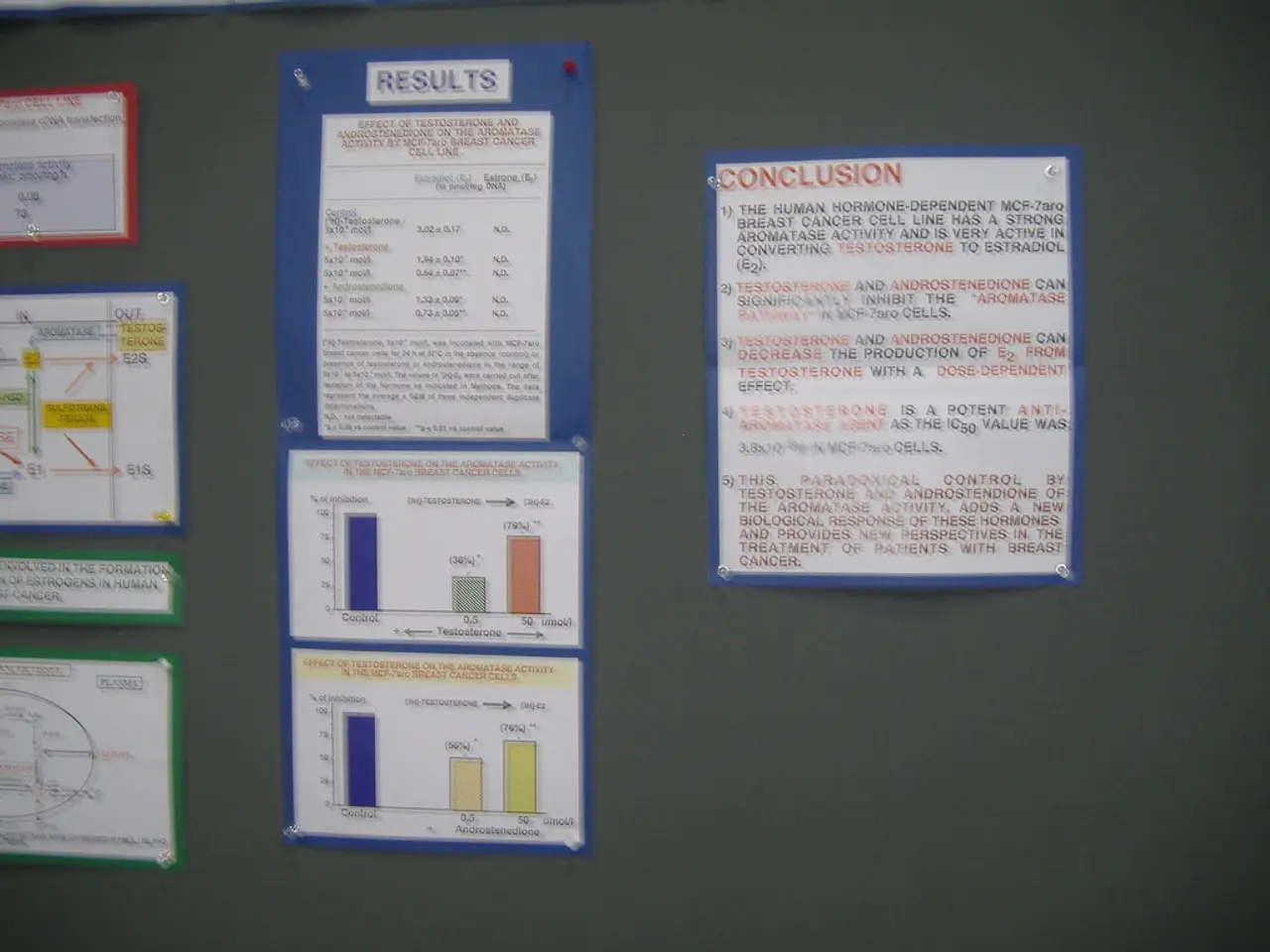Graduates: Apply Now for Up to 3-Year Canadian Work Permit
Graduates of Canadian designated learning institutions can now apply for the Post-Graduation Work Permit (PGWP), an open work permit allowing them to work for up to three years after completing a full-time program of at least eight months in Canada. This permit, which does not require a Labour Market Impact Assessment (LMIA), can be used anywhere in Canada and is an excellent opportunity for graduates to gain valuable Canadian work experience.
To be eligible for the PGWP, students must complete their studies at a qualified institution, maintain full-time student status, and apply within 180 days of completing their study program. The PGWP is designed to help graduates transition into the Canadian job market and can be a significant advantage for those seeking permanent residency or citizenship in Canada.
The Canadian English Language Proficiency Index Program (CELPIP) is accepted by Immigration, Refugees and Citizenship Canada (IRCC) for PGWP applications. CELPIP scores are valid for two years from the date the score report is issued, making it a reliable option for those looking to demonstrate their English language skills for the PGWP or other immigration programs like express entry or Canadian citizenship.
The PGWP offers graduates of Canadian institutions a unique opportunity to gain Canadian work experience, which can significantly enhance their future immigration prospects in Canada. By accepting CELPIP scores for up to two years, IRCC ensures that graduates have ample time to apply for the PGWP and other immigration programs, making the transition from student to permanent resident smoother in Canada.
Read also:
- CEO Efe Cakarel of film platform Mubi addresses controversy regarding new investor and Israeli military ties, establishes advisory board and fund to safeguard artists under threat.
- Corporate Execs Push 'Masculine Energy' Trend, Risking Company Stability
- Fiscal Rules Face Global Challenges Amidst Economic Pressures
- Generation Z Sparks Political Uprisings Across South Asia




